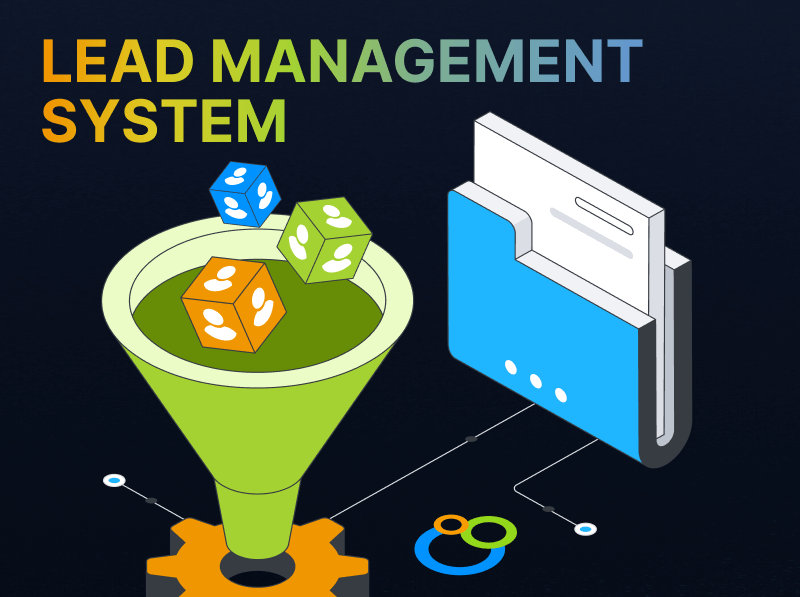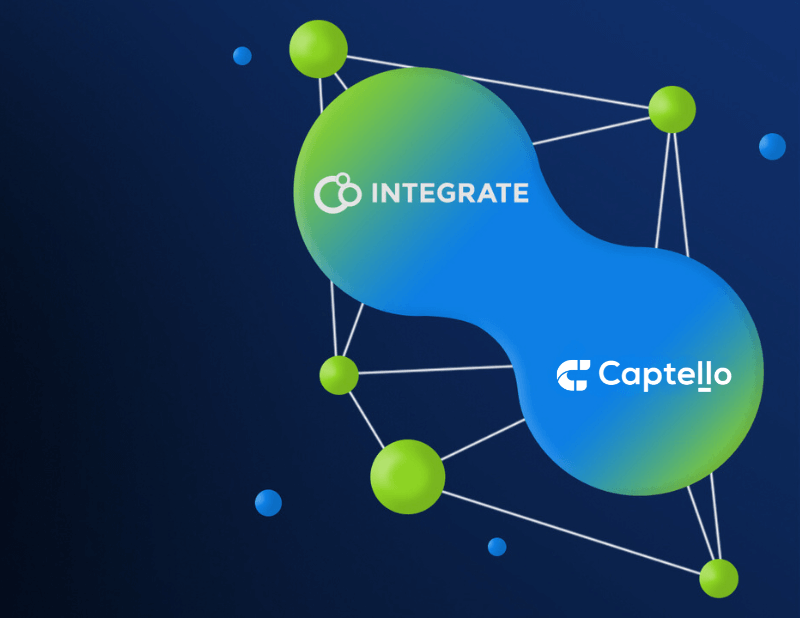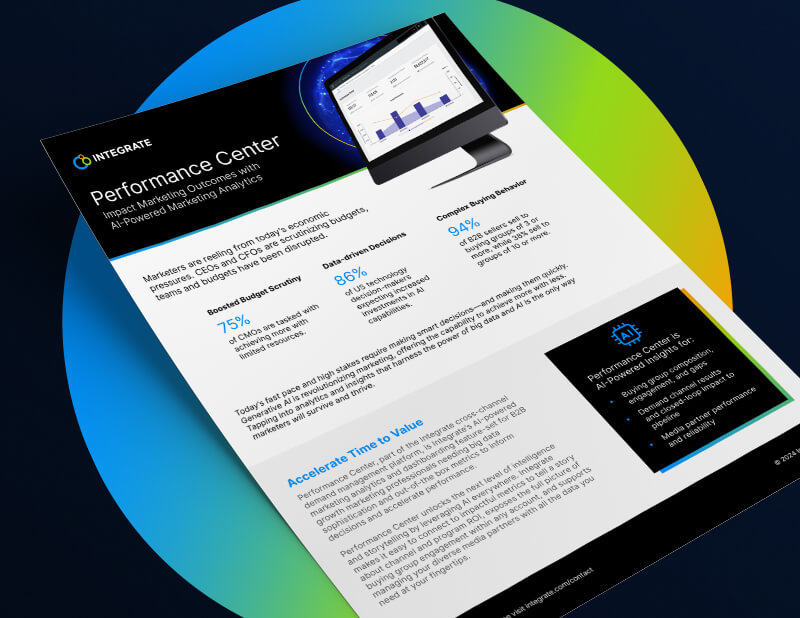No More Cold Cases: How Lead Tracking Heats Up Conversions
What is “Lead Tracking”?
B2B marketing is riddled with cryptic clues and confounding complexities, a murky swamp where lead traces are lost. B2B marketing, a murky swamp of cryptic clues and confounding complexities, can swallow lead traces whole if you’re not vigilant. Discerning your prospects and their journey is critical to driving meaningful engagement and sales conversions. At its core, lead tracking is the process of monitoring and documenting the buying signals and interactions of potential customers, or leads, as they move through your sales pipeline. Like Sherlock Holmes meticulously detailing each touchpoint, interaction, and engagement with your brand. By providing visibility into lead behavior, engagement, and pipeline performance, lead tracking empowers marketers and sales teams to focus their efforts effectively.
Why Is Lead Tracking Important?
Imagine a sales process with no clues into a lead’s history with your company. No clues about which marketing campaigns caught their attention, which web pages they’ve visited, what questions they might have already asked, or previous interactions with company representatives. This dearth of information can lead to missed opportunities, duplicated efforts, and a disjointed customer experience–you lose the lead, you lose the case. Sherlock would be disgusted.
Lead tracking illuminates the path your leads take. It provides insights into their behaviors, preferences, and pain points. By perceiving their journey, you can identify bottlenecks in your sales funnel, optimize your marketing campaigns, and ultimately increase your conversion rates. The benefits of tracking leads are numerous:
- Enhanced Marketing Effectiveness: Track the performance of marketing campaigns to optimize your strategy and allocate resources effectively.
- Deeper Customer Insights: Gain a better understanding of your target audience’s preferences, behaviors, and pain points.
- Improved Sales Efficiency: By identifying qualified leads and customer concerns, sales teams can create more targeted and effective communications and focus their efforts on the most promising opportunities.
- Increased Revenue: By closing deals faster and more efficiently, you can boost your bottom line.
- Stronger Customer Relationships: Build stronger relationships with your customers by providing personalized experiences.
Who Benefits from Lead Tracking?
A better question is: who doesn’t benefit from lead tracking? Marketers, sales, customer success teams, and even executive leadership can benefit from the insights it provides. Specifically:
- Demand Generation Teams: Use lead tracking to measure campaign performance and refine audience targeting.
- Sales Teams: Gain a deeper perspective of each lead’s journey and tailor their approach for maximum impact.
- Marketing Operations: Monitor lead quality and ensure data accuracy across platforms.
- Leadership: Gain visibility into pipeline health and campaign ROI.
- Businesses of All Sizes: From small startups to large enterprises, lead tracking provides valuable insights to drive growth.
Methods to Track Leads
Lead tracking systems encompass several methods and software that help capture and analyze lead data effectively. Different lead tracking software often specialize in different parts of sales funnel:
- Web Analytics: Google Analytics provides insights into website behavior, helping teams grasp how visitors interact with content.
- Lead Management Platforms (LMPs): Solutions like Integrate combine lead ingestion, governance, and analytics to ensure clean, actionable lead data.
- Marketing Automation Platforms (MAPs): Platforms such as Marketo track lead engagement through emails, landing pages, and more.
- Customer Relationship Management (CRM) Systems: Tools like Salesforce offer robust capabilities to store and track lead data across the sales cycle.
The Role of Lead Tracking Systems
Lead tracking software simplifies the process of gathering, analyzing, and acting on lead data. These systems centralize information, offering tools to streamline workflows and improve collaboration between marketing and sales teams:
- Data Consolidation: Aggregate data from multiple sources like social media, events, and content syndication into a single platform.
- Insights and Reporting: Use dashboards to monitor lead performance across channels and campaigns.
- Automation: Automate tasks like lead scoring, governance and compliance rules, segmentation, and nurturing to reduce manual efforts.
Why Invest in a Lead Tracking Software?
Investing in a lead tracking system isn’t just about keeping tabs on your prospects—it’s about building a foundation for scalable growth. With advanced tools, businesses can unlock benefits like:
- Increased Conversion Rates: Gain insights into lead behavior to refine outreach.
- Operational Efficiency: Reduce time spent on manual processes with automated data collection and data governance.
- Scalability: Track thousands of leads seamlessly, ensuring no opportunity is missed.
- Compliance: Ensure lead data adheres to regulations like GDPR and CCPA, reducing legal and reputational risks.
What’s the Difference Between Lead Tracking and Lead Management?
You may be thinking, “wait, why is Integrate talking about lead tracking? I thought Integrate was a leading lead management platform? What’s the difference?” That thinking is logical and wise. Sherlock would be proud. The short answer is lead tracking is a component of lead management, and lead management platforms like Integrate incorporate lead tracking into their suite of features.
Many of the goals are the same between lead tracking and management, but the scope of lead management is broader. B2B lead tracking monitors and records interactions individuals have with your company across various channels, while lead management encompasses the larger process of managing those leads. This includes ingesting the leads into your tech stack, qualifying, nurturing, prioritizing, and holistic analysis.
Conclusion: Tracking Leads to Success
Lead tracking is a strategic necessity for any business looking to compete in today’s data-driven world. By leveraging advanced lead tracking software and systems, businesses can unlock insights, streamline operations, and maximize ROI.
Ready to elevate your lead management strategy? Explore how Integrate can support your goals with advanced tracking capabilities and a commitment to clean, actionable lead data.









